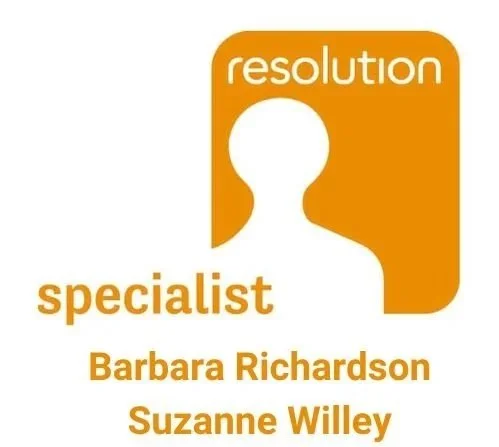When a child's welfare is at risk, local authorities may step in to ensure their safety. This process is known as care proceedings. It can be a stressful and emotional time for families, so understanding how it works and what to expect can be helpful. Here's a straightforward guide to help explain the care proceedings process in the UK.
What Are Care Proceedings?
Care proceedings are court proceedings initiated by social services to protect a child who is believed to be at serious risk of harm. If the local authority (social services) is concerned about a child's safety or well-being, they can apply to the family court for permission to take action.
Why Do Care Proceedings Start?
Care proceedings are only initiated if social services have serious concerns about a child’s safety. This could be due to neglect, physical or emotional abuse, exposure to domestic violence, substance misuse by the parents or guardians, or other harmful situations. Social services will try to work with the family to resolve these issues before taking legal action, but if the concerns remain unresolved, care proceedings may be necessary.
Key Stages of Care Proceedings
The care proceedings process typically follows a structured path:
1. Pre-proceedings Meeting
Before going to court, social services may invite the parents or carers to a pre-proceedings meeting. This is an opportunity for the family to discuss concerns and try to agree on how the issues can be addressed. If the problems are resolved at this stage, court proceedings may be avoided.
2. Application to the Court
If social services believe the child is still at risk, they will apply to the court for an order. The application will outline the reasons for concern and what action they think is necessary to protect the child.
Social services can apply for two types of order. The first is an interim care order which is an order that temporarily places the child in the care of social services whilst proceedings are ongoing. Social services will obtain parental responsibility with this order and share this with the child’s parents.
The second order they may apply for is a supervision order imposes a duty on social services to 'advise, assist and befriend' a child.
3. First Hearing (Case Management Hearing)
Once the application is made, the court holds a Case Management Hearing within 12-15 days. At this hearing, the court will decide the next steps and set a timetable for the case. Social services, the parents or guardians, and the child's appointed guardian (if necessary) will all be involved.
5. Assessments
During the proceedings, social services will carry out assessments of the child’s needs, the parents' abilities to care for them, and any potential relatives who could look after the child. These assessments are key in helping the court decide the best outcome for the child.
6. Final Hearing
The Final Hearing takes place once all assessments and evidence are gathered. This is usually within 26 weeks (around six months) of the care proceedings starting, although in some cases it may take longer. The court will carefully consider all the information before making a decision about the child’s future.
What Decisions Can the Court Make?
At the end of care proceedings, the court will make a decision that it believes is in the best interest of the child. Some of the possible outcomes include:
Care Order: The child is placed in the care of the local authority, which takes responsibility for the child's welfare. The child might be placed in foster care, with relatives or even home with this order.
Supervision Order: The child stays with their family, but social services keep a close watch to ensure the child's well-being.
No Order: The court decides that no further action is necessary, and the child remains at home without any intervention from social services.
The Role of Parents and Carers
Parents or guardians will be fully involved in the care proceedings. They have the right to attend all court hearings, present their side of the story, and be represented by a solicitor. Legal aid is available to help cover the costs of a solicitor, regardless of the parties financial situation if they have parental responsibility.
The Role of the Child’s Guardian
In care proceedings, the court will appoint a Children's Guardian to represent the child’s interests. The Guardian is independent of social services and provides a report to the court, setting out what they believe would be best for the child. The child will also have their own solicitor if they are old enough to understand the situation.
Can Care Orders Be Challenged?
If parents disagree with the outcome of the care proceedings, they may be able to appeal the court’s decision. This is usually only possible if there are strong grounds to believe that the decision was unfair or based on incorrect information.
Conclusion
Care proceedings can be a challenging and emotional process for families, but they are designed to protect children who are at risk. By understanding how care proceedings work, parents and carers can be better prepared and know their rights throughout the process. If you are involved in care proceedings or worried that social services may take action, it’s important to seek legal advice as early as possible to ensure the best possible outcome for your family.
For personal advice please call 01524 386500 or 01772 253841.










